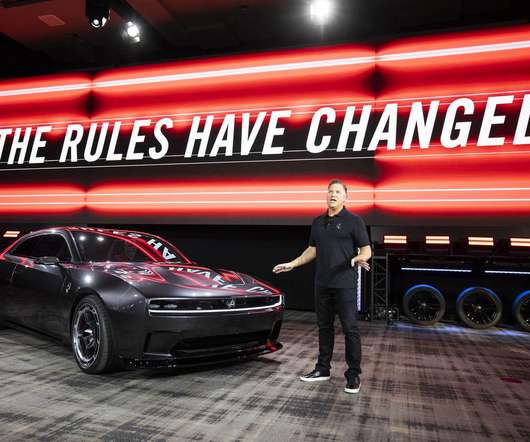Study: Reducing Future Transportation CO2 Emissions to Kyoto Protocol Levels Will Require Combination of Vehicle Technology and Smart Growth
Green Car Congress
FEBRUARY 12, 2009
A Georgia Tech City and Regional Planning study on climate change concludes that “smart growth” combined with the use of hybrid vehicle technology could reduce cities’ carbon dioxide (CO 2 ) emissions significantly by 2050. Percent change in median CO2 by scenario relative to 2000. Stone et al. 2009) Click to enlarge. Stone et al.












Let's personalize your content